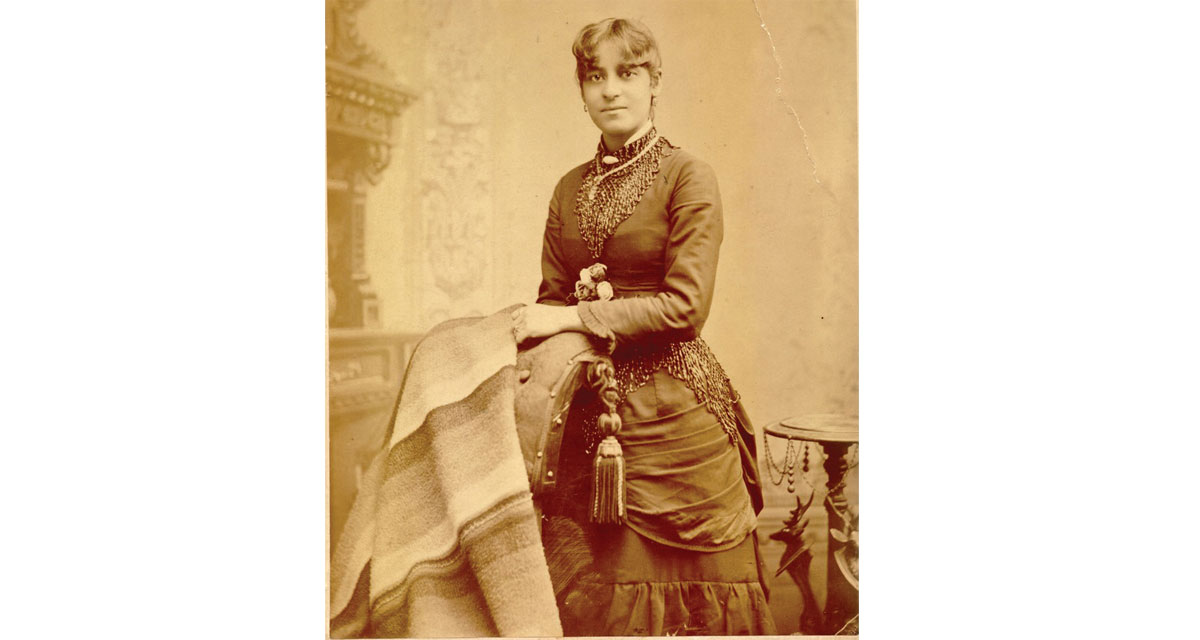In recognition of Black History Month, Truliant Federal Credit Union is saluting four black individuals who were or are financial leaders in the United States:
Maggie Lena Walker
Born in Richmond in 1864, Maggie Lena Walker achieved national prominence as a businesswoman and community leader. She was the first black woman in the United States to found a bank, the St. Luke Penny Savings Bank in 1903. In 1901, at the annual convention of the Independent Order of St. Luke, Walker said: “First, we need a savings bank. Let us put our moneys together; let us use our moneys; let us put our money out at usury among ourselves, and reap the benefits ourselves. Let us have a bank that will take the nickels and turn them into dollars.”
Walker served as the bank’s first president. Later she served as chairman of the board of directors when the bank merged with two other Richmond banks to become The Consolidated Bank and Trust Company. Walker died in 1934. The Walker family home was purchased by the National Park Service in 1979.
Alonzo Herndon
A barber and entrepreneur, Alonzo Herndon was the founder and president of the Atlanta Life Insurance Company. Atlanta Life became known as one of the most successful black-owned insurance businesses in the nation.
Born into slavery in 1858, Herndon grew up on a farm near Atlanta. In 1883, he started working as a barber in Atlanta. Six months later he bought a half interest in the shop, and by 1904 he had three barbershops. Herndon then invested in real estate in Atlanta and Florida.
As his personal fortune grew, he bought a failing mutual aid association, which later became Atlanta Life Insurance Company. By 1922, the company’s assets were more than $400,000 and had operations in six other states. Herndon died in 1927.
O.W. Gurley
O.W. Gurley, born to formerly enslaved people in 1868, was one of the wealthiest men in Tulsa, Okla., before the 1921 Tulsa Massacre destroyed his property and forced him to flee.
In 1905, Gurley purchased 40 acres of land in North Tulsa. He established his first business, a rooming house on Greenwood Avenue. He then subdivided his land and opened a grocery store.
The black community had a large working class, along with doctors, lawyers and other professionals. Booker T. Washington called the area “Negro Wall Street,” which was largely financed by Gurley. Now it is known as “Black Wall Street.”
The Tulsa Massacre was the result of racial tensions. About 300 blacks were killed and Black Wall Street was burned to the ground. Gurley died in 1935 in Los Angeles.
Thasunda Brown Duckett
Thasunda Brown Duckett is the president and CEO of TIAA, a Fortune 100 company with about $1.4 trillion in assets. TIAA provides secure retirements and investment solutions for millions of people working in higher education, healthcare and other mission-driven organizations. Duckett is one of only four black CEOs at Fortune 500 companies.
Duckett, who was born in 1973 and graduated from the University of Houston and has an MBA from Baylor University, was the CEO of Chase Consumer Banking before joining TIAA. At Chase, she managed $600 billion in deposits and 50,000 employees.
Duckett serves on the boards of Nike, Brex, Robert F. Kennedy Human Rights, Sesame Workshop, National Medal of Honor Museum and the Economic Club of New York.


















